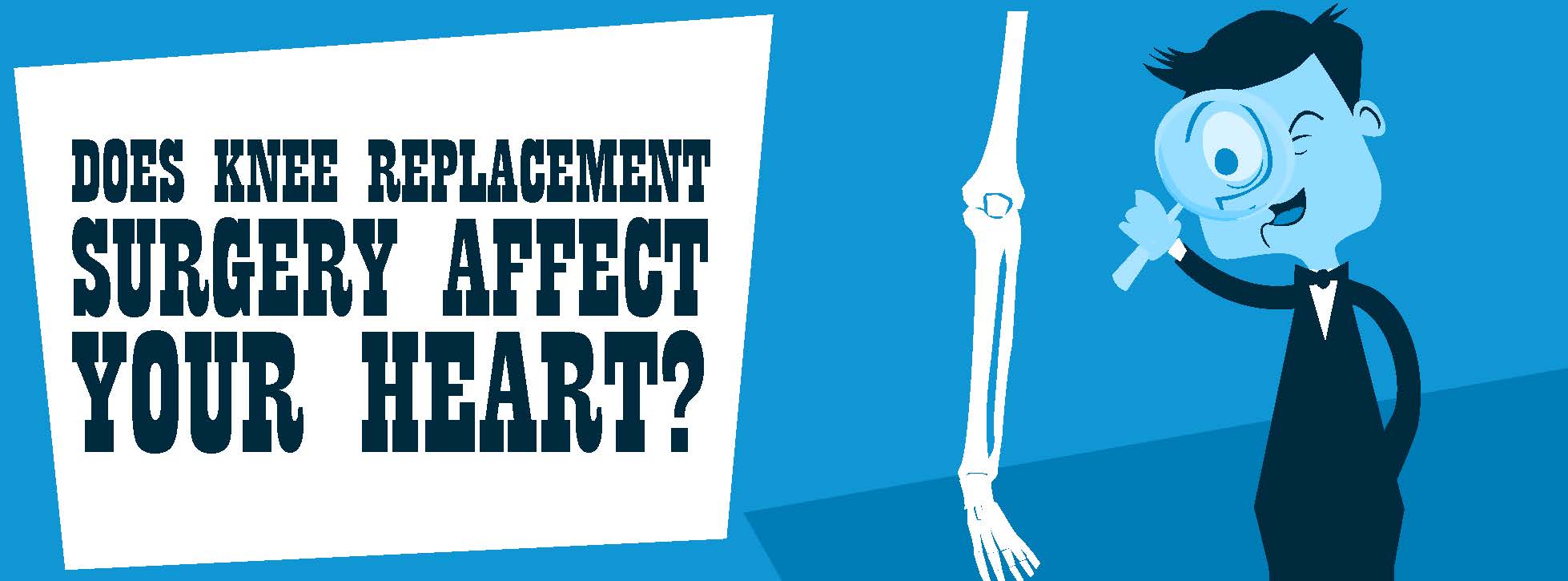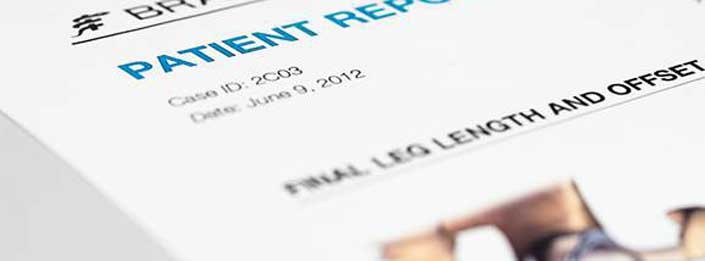
The risk for a heart attack is greater in people who have total hip or knee replacement surgery during the first month following surgery.
Continue reading »
Knee replacement has become the leading inpatient surgery performed on adults 45 and over. More and more baby boomers are getting their knees replaced at younger ages and at a faster rate than ever before in the US In 2000, the average knee replacement patient was 69 years old but by 2010, the age dropped to just over 66. Read more about the US study here >> http://www.webmd.com/pain-management/knee-pain/news/20150902/more-americans-getting-knees-replaced-and-at-younger-ages

For someone who just had knee surgery, getting around the house can be difficult. If you have volunteered to help someone you know during this recovery period, here are some helpful tips to help put your loved one at ease.
http://www.healthline.com/health-slideshow/total-knee-replacement-surgery-caring-for

Take a walk through this interactive animation of total knee replacement surgery. This virtual procedure is interesting on your own or with your kids or grandkids >> http://www.edheads.org/activities/knee/

People often ask their doctor if there is any truth or reason behind why their joints hurt right before and when the weather changes. The idea that you can ‘feel it in your bones’ has been researched. While there is little ‘hard’ data to prove that weather affects your joints, there are some commonly held beliefs and theories about the potential reasons why, when the weather turns, your joints suffer.
There are many theories about why this happens and even some research published about it in the journal Pain. Many clinicians agree that changes in barometric pressure, or air pressure, can potentially cause an increase in joint pain.
Continue reading »